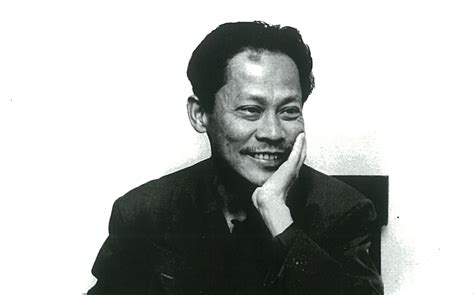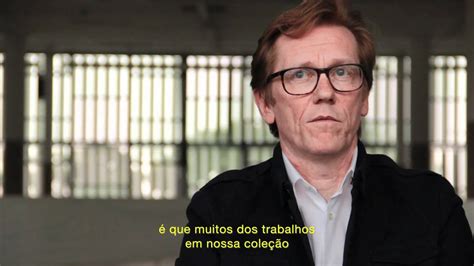A Quote by Adrienne Rich
I define "politics" as the on-going collective struggle for liberation and for the power to create - not only works of art, but also just and nonviolent social institutions.
Related Quotes
I myself would go for nonviolence if it was consistent, if everybody was going to be nonviolent all the time. I'd say, okay, let's get with it, we'll all be nonviolent. But I don't go along with any kind of nonviolence unless everybody's going to be nonviolent. If they make the Ku Klux Klan nonviolent, I'll be nonviolent. If they make the White Citizens Council nonviolent, I'll be nonviolent. But as long as you've got somebody else not being nonviolent, I don't want anybody coming to me talking any nonviolent talk.
What we are seeing in cities such as Chicago, Athens and other dead zones of capitalism throughout the world is the beginning of a long struggle for the institutions, values and infrastructures that make critical education and community the center of a robust, radical democracy. This is a challenge for young people and all those invested in the promise of a democracy that extends not only the meaning of politics, but also a commitment to economic justice and democratic social change.
I work in the field of art, and you know how during a period of Marxist ideology, fewer people are inclined to believe in the power of the culture as a whole: they believe in the revolutionary potential of economics, class struggle theory.. ..Therefore it's time to show that art means the power of creativity, and it's time to define art in a larger way, to include science and religion too..(1973
Fanon calls his ideology a new humanism, not only in contrast to the elite humanism of the West, but also on the axiom that the wretched of the earth, understood socially, think and thus must be a basis of a new politics. This, of course, is not achieved immediately, but it must become an explicit element of the struggle for liberation.
Now culture being a social product, I firmly believe that any work of art should have a social function to beautify, to glorify, to dignify man... Since any social system is forced to change to another by concrete economic forces, its art changes also to be recharged, reshaped, and revitalized by the new conditions... The making of a genuine artist or writer is not mysterious. It is not
the work of Divine Providence. Social conditions, history, and the people's struggle are the factors behind it.
Artists have their existential questions as human beings, and they address these questions in their works. But they are also thinking in a broader sense when they participate in a social and political debate through their works. Often the most important voices of artists in the political and the social debate are focused on originality in their works. We can see this in historical pieces, like "Guernica" by Picasso. "Guernica" was an extremely important manifestation and critique against war, but it was important and powerful because it was also an incredibly original and powerful work of art.





































